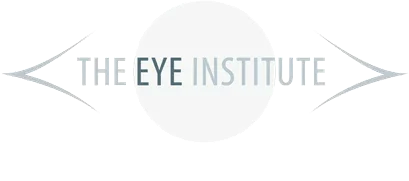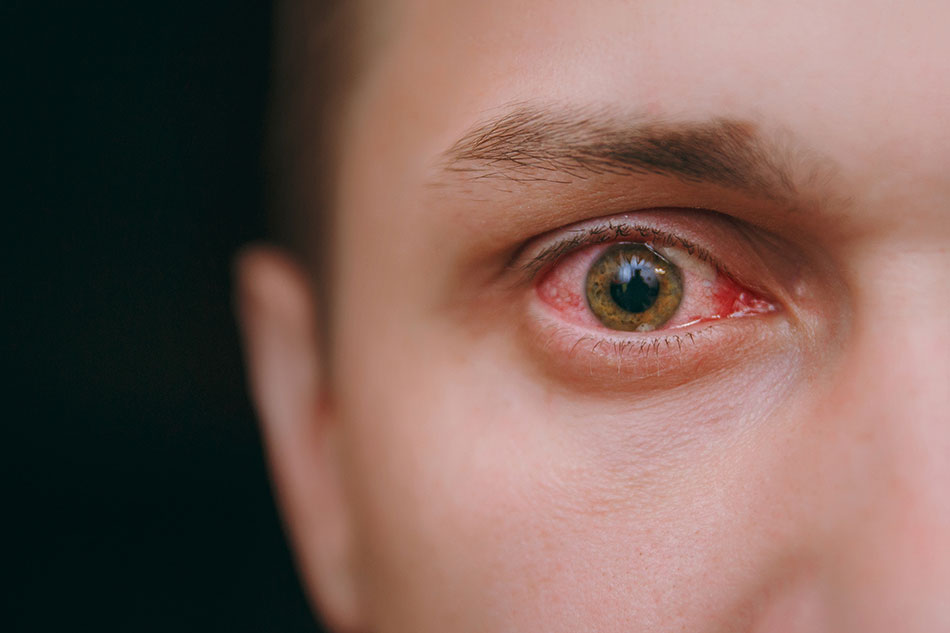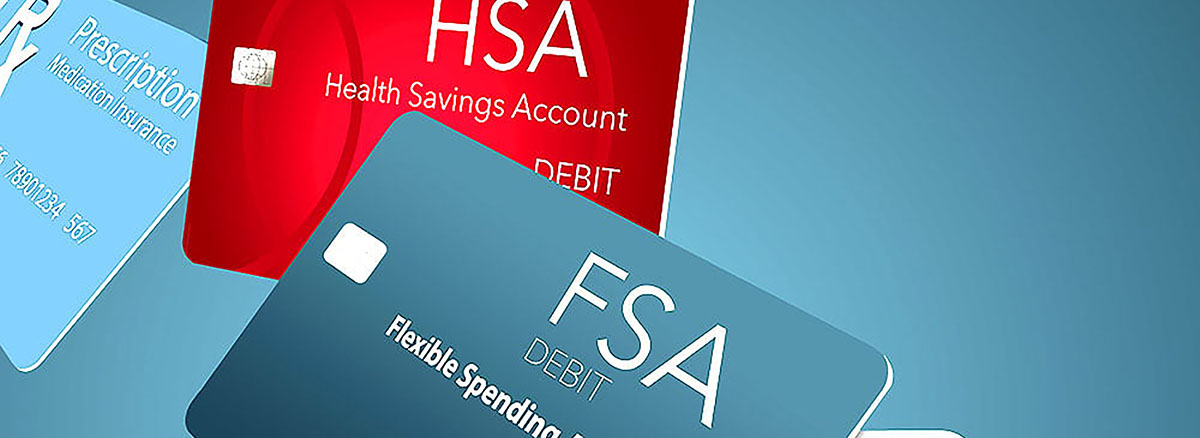yes from AMD:
- Buy a Filter. Adding a blue light filter to your screens can improve contrast and lower the amount of blue light that your eyes absorb.
- Take Breaks: Taking frequent breaks from your computer, tablet or smartphone helps lower your blue light exposure and also gives your eyes a chance to rest. Breaks don’t have to be long. If your day is hectic, simply looking away from your computer for a minute or two every 20 minutes can be helpful. When you take a longer break, avoid screens completely. Checking your smartphone after working on your computer doesn’t count as a break.
- Try New Glasses. If you spend much of your day working on a computer, you may want to consider buying a pair of prescription computer glasses. The glasses block blue light, improve contrast and help reduce eyestrain.
- Consider Blue Light-Blocking Lenses After Cataract Surgery. Special lenses that reduce blue light transmission can be used in place of clear lenses after your cataract surgery.
Are you concerned about the effect of blue light on your eyes? Regular eye examinations and glasses that offer blue light protection can help you protect your eyes. Call us today to schedule your next appointment.
Sources:
AllAboutVision: Blue Light: It’s Both Bad and Good for You, 2/17
http://www.allaboutvision.com/cvs/blue-light.htm
PubMed: Archives of Ophthalmology: The Long-Term Effects of Visible Light on the Eye, 1/92
https://www.ncbi.nlm.nih.gov/pubmed/1731731
National Eye Institute: Facts About Age-Related Macular Degeneration
https://nei.nih.gov/health/maculardegen/armd_facts
Ophthalmology: Cataract Surgery is Associated with a Higher Rate of Photodynamic Therapy for Age-Related Macular Degeneration, 2/07
Prevent Blindness: Blue Light and Your Eyes
http://www.preventblindness.org/blue-light-and-your-eyes
Review of Optometry: The Lowdown on Blue Light: Good vs. Bad, and Its Connection to AMD, 2/14






